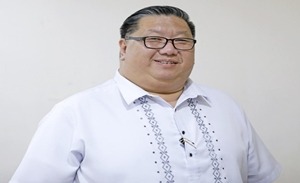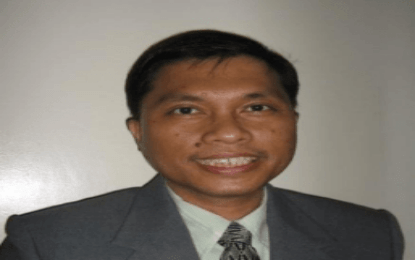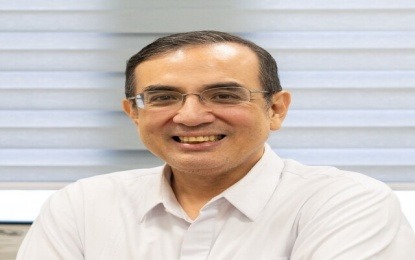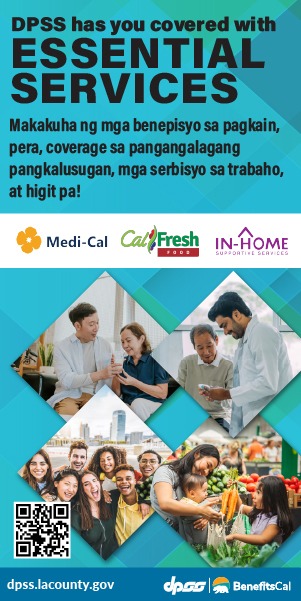FRESH VIEWPOINTS: A NEW PERSPECTIVE
By Brian James Lu
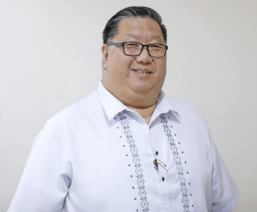
The Open Government Partnership (OGP) operates as a collaborative platform that brings together government agencies, civil society organizations (CSOs), and other stakeholders to promote transparency, accountability, and citizen participation in governance. Spearheaded by the Department of Budget and Management (DBM), OGP initiatives are co-created through national and local action plans developed with inputs from both government and CSOs. These action plans outline concrete commitments aimed at improving public service delivery, enhancing access to information, and fostering inclusive policymaking.
In the case of Civil Society Network for Education Reforms (E-Net Philippines), Inc., its participatory budgeting efforts aim to make the needs of marginalized, excluded, and vulnerable (MEV) groups visible in both local and national planning. It also seeks to enhance transparency in the education spending of the Department of Education (DepEd) and local government units (LGUs), increase funding for nontraditional learning pathways such as the Alternative Learning System (ALS) and Indigenous Peoples Education (IPED), and strengthen trust and accountability between the government and citizens.
E-Net pushes for an increase in the annual funding for education both at the agency and legislative levels. The rise in annual budgets for inclusive education programs is significant for MEV groups. Some of the notable 2024 achievements include the following: an increase in the budget for education for learners with disabilities from PHP581.6 million to PHP999.2 million; Madrasah education from PHP359.5 million to PHP431.6 million; and the Alternative Learning System budget from PHP562 million to PHP632.5 million.
There have been significant increases in budget allocations for MEV groups through the years—gains that would not have been possible without the patience and persistence of CSOs like E-Net. Sustaining a network of over a hundred CSOs united by shared advocacy to ensure that no child is left behind in Philippine education is no small feat for E-Net. Yet, many of these achievements remain largely unrecognized, documented only in the internal records and performance reports of these committed organizations.
The Philippines also engages local government units (LGUs) in the OGP Local program, expanding open governance practices at the grassroots level. However, it may surprise you to learn that only six LGUs are currently members of the OGP: South Cotabato (since 2018), Borongan in Samar (since 2020), and more recently, Tagbilaran, Larena, Quezon City, and Baguio City, all of which joined in 2024.
To become a member of the OGP, prospective LGUs must meet specific criteria and follow established processes. These include demonstrating a strong commitment to the principles of open government, providing evidence of past reforms that promote transparency and accountability, and actively engaging civil society in the co-creation of action plans. Ultimately, participation in the OGP requires a local chief executive and the local council who embrace a developmental framework and are genuinely committed to transparent, inclusive, and participatory governance.
Consider the level of commitment required: for an LGU to join the OGP, it must apply to the OGP Local program by submitting a joint Expression of Interest (EOI) endorsed by both government and non-government stakeholders. This must be accompanied by a letter from the LGU head, details of the current administration’s term limit, and a clear outline of how the LGU intends to contribute to advancing open government principles.
Across the country, many CSOs continue to face challenges in engaging their LGUs in participatory governance. Meaningful collaboration often requires persistence and patience, as it may take time for some local leaders to fully recognize the vital role CSOs play in promoting good governance and advancing the welfare of their constituents.
QCitizens are fortunate to have a platform like the OGP that amplifies their voices in governance. However, long before joining the OGP, civil society organizations (CSOs) in Quezon City had already been actively promoting good governance. The establishment of the People’s Council of Quezon City (PCQC) in 2009 was an important event, as it institutionalized the partnership between the city government and its constituents—paving the way for more inclusive and participatory policymaking.
The OGP has strengthened citizen participation in Quezon City by providing more inclusive avenues for engagement. As part of its pledge to open governance, the Quezon City government made five key commitments: enhance public involvement in the city’s budgeting process; expand access to legal aid through a network of pro bono lawyers; increase transparency via a centralized data dashboard and feedback system on the QC e-Services platform; strengthen civic engagement through capacity-building programs; and establish community centers through the Bayanihang QC Volunteer Program.
Citizen engagement in Quezon City is facilitated through more than 50 sectoral organizations under the People’s Council of Quezon City (PCQC), which represents over 5,000 accredited CSOs. To strengthen their participation in governance, the city government regularly conducts training and workshops that equip CSOs with the knowledge and skills needed to engage meaningfully, especially in the budget process.
The annual budget of Quezon City serves as a vital platform for civil society engagement to ensure that public resources are allocated effectively and equitably. By strengthening partnerships with CSOs, promoting inclusive representation, and establishing feedback mechanisms, the city is making its budgeting process more transparent, participatory, and responsive to community needs. Quezon City actively invites relevant civil society organizations to take part in the budget preparation of each department or office—ensuring that every sector has a voice in shaping the city’s priorities.
Civil society organizations (CSOs) are invited to participate in budget hearings at the City Council, giving them the opportunity to directly engage with government officials on budget allocations. The city government also facilitates forums and consultations where CSOs can provide input and feedback on budget proposals. To ensure meaningful and equitable participation, it regularly reviews CSO representation across various government offices, making sure that their voices are not only heard but truly reflected in the decision-making process.
Indeed, the Open Government Partnership continues to prove that meaningful governance thrives when citizens are empowered to participate, advocate, and co-create solutions with their government. From national policy reforms to grassroots initiatives like those in Quezon City, the growing involvement of CSOs reflects a deepening culture of transparency and accountability. As more LGUs and sectors embrace the OGP framework, the promise of a more inclusive, responsive, and people-centered governance becomes not just a vision but a tangible path forward for the Philippines.

